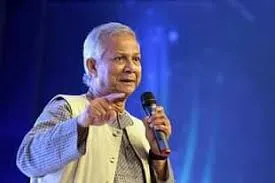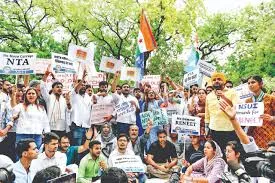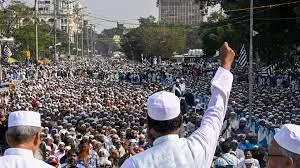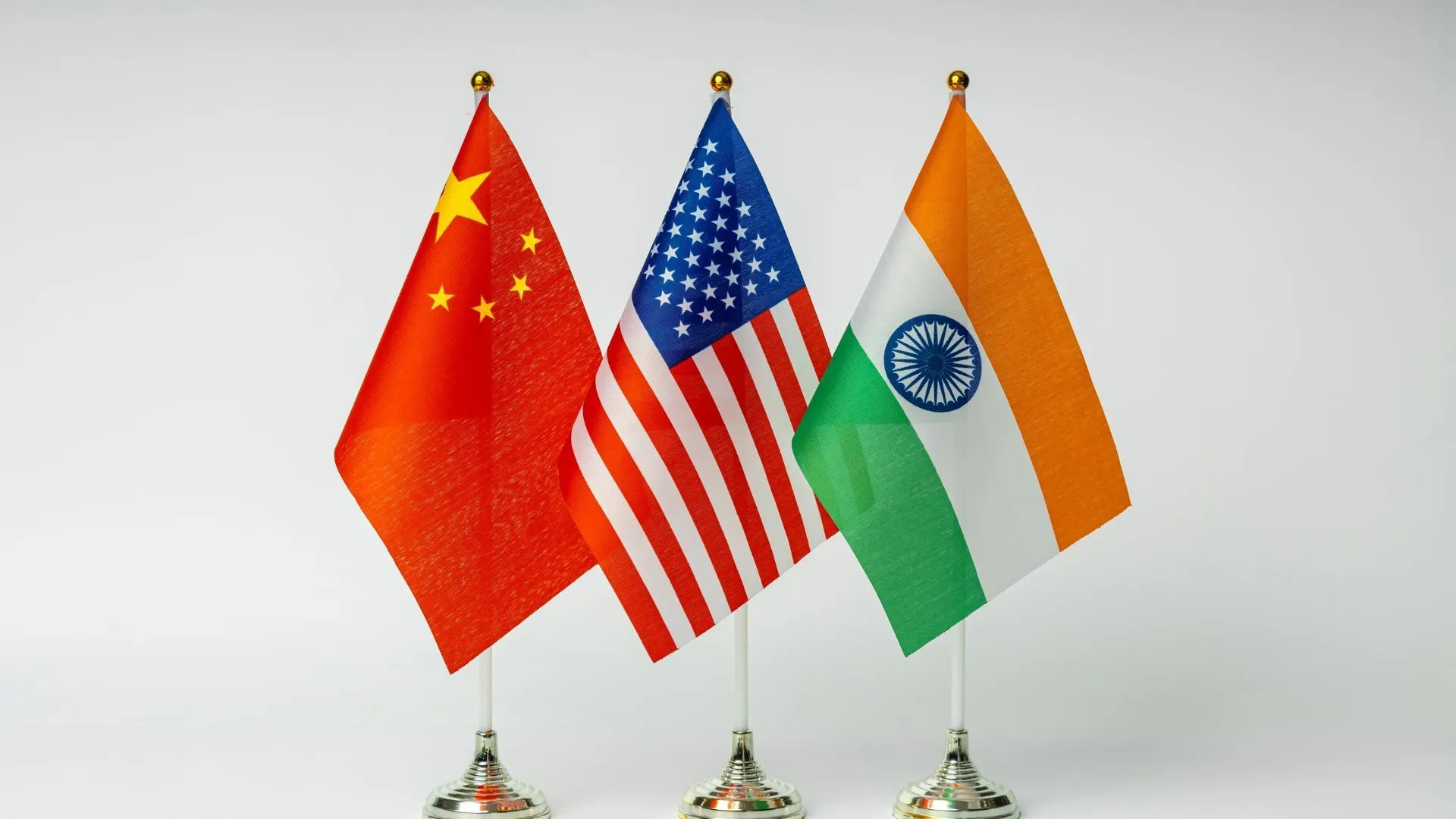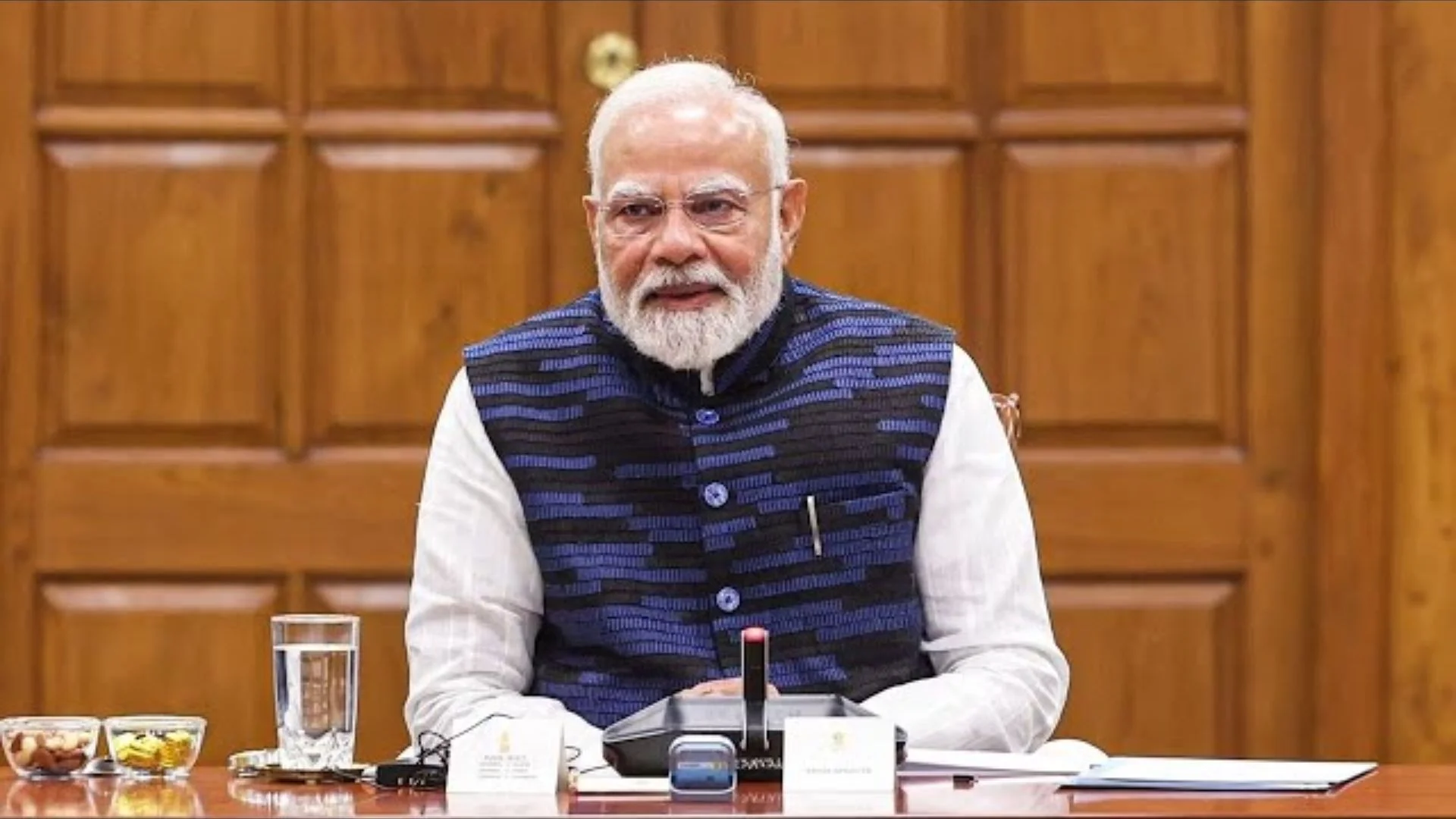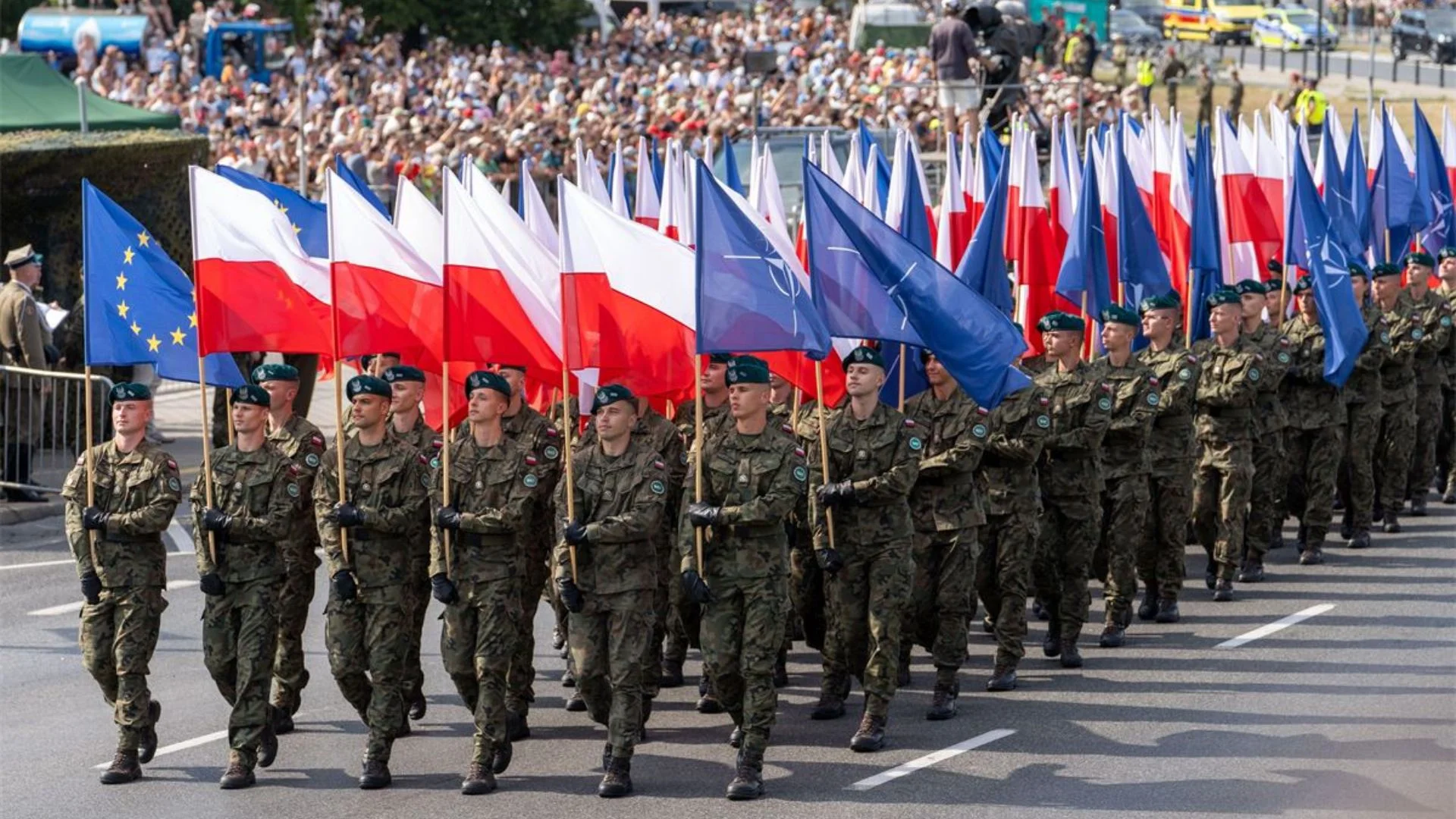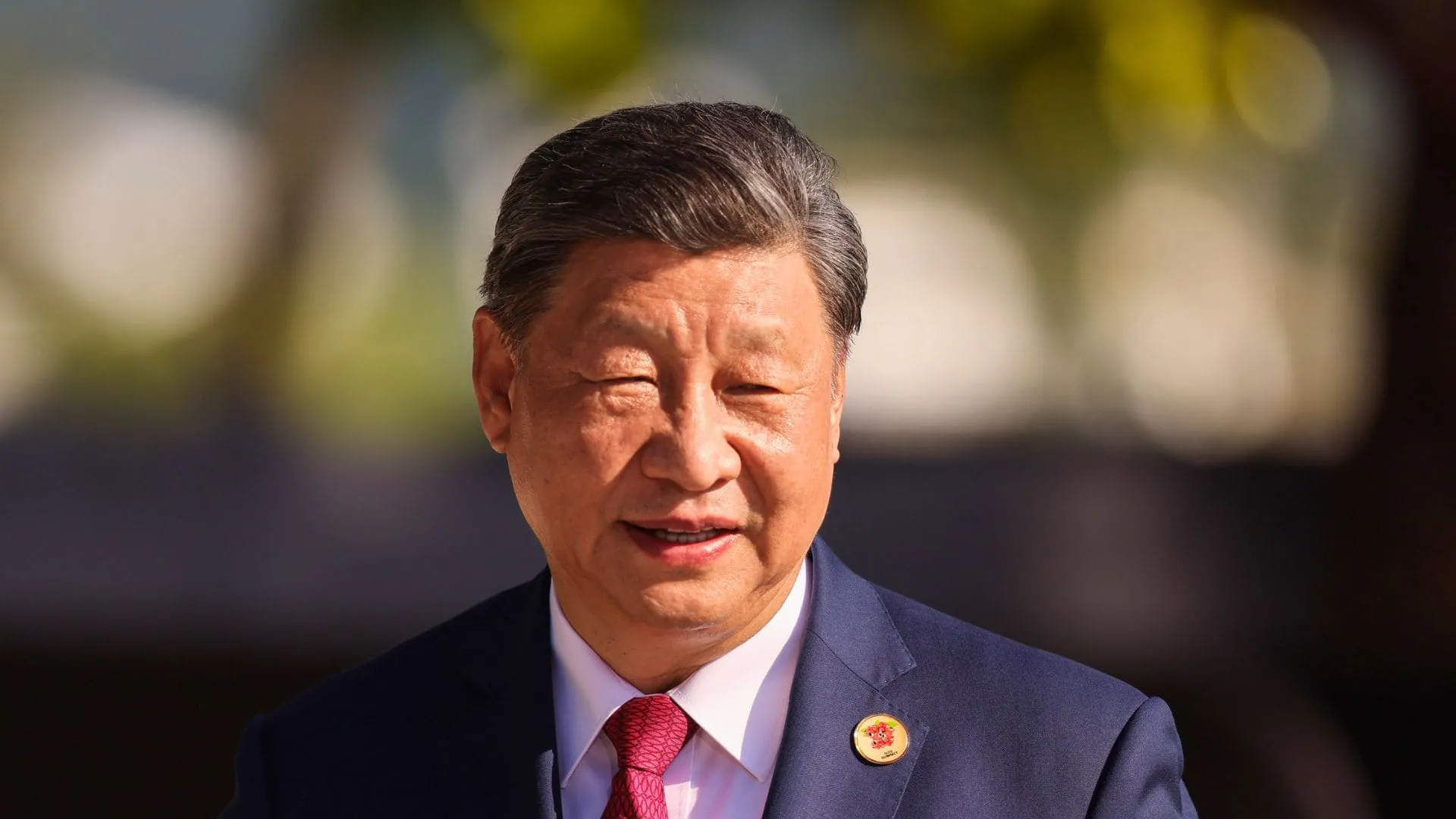The RSS Chief Mohan Bhagwat’s statement on communal supremacy has various hues. Simplistic reading suggest it has a message for assimilation. But political reading takes us in the zone of scepticism and speculations. A glass of water is half-empty or half full. It is the way you look at it. Bhagwat’s New Year message to Indians also has different interpretations. Bhagwat told Panchjanya that Muslims should not live in any fear, there is no harm to be done to Indian Muslims. If they wish to stick to their faith, they can. If they want to return to the faith of their ancestors, they may. It is their choice. He also said that Islam has nothing to fear. But at the same time, Muslims must abandon their boisterous rhetoric of supremacy. All those who live in Indiawhether a Hindu, Muslim or a Communist must give up a sense of having a higher moral ground. It is a fair and balanced statement. There are people in all three groups, who do indulge in the rhetoric of supremacy. Last year Bhagwat visited a madarsa and made several conciliatory statements. He also met Muslim intellectuals and gave a patient hearing to their concerns. In this backdrop and in reference to Bhagwat’s latest statement on ‘Hindus at war” is being seen by some people as a shift from his earlier position. But in a way is trying to suggest that Muslims should come out from the margins. And become participatory into the mainstream, rather than going into further isolation. Muslim clerics such as Maulana Shahabuddin Rizvi, Asad Qasmi, Khalid Rashid Firangi Mahali and Maulana Saif Naqvi have welcomed some of his utterances. Though some of them have criticised his justification of ‘Hindu aggression.’ They say this as condoning violent attitude. It is also against the ethos of Hinduism, which has always stood for inclusiveness. Some people believe, he is preparing grounds for the larger things to happen. Perhaps implementation of the Uniform Civil Code and consequent removal of the personal laws. There are others who think what Bhagwat said were his personal views only, nothing more than that. Sceptics are even questioning why only Indian Muslims have to give agnipariksha? Why is the morality directed towards a particular community? Is it not true that RSS considers Hinduism to be a supreme religion? These and a volley of many such questions have been posed. In this environment of trust deficit, the problem is what Bhagwat sees as empowering Indians is not being seen as empowering the Muslims. When seen in perspective Bhagwat’s statement may appear to be didactic and condescending, but the reality is that there may be some truth in it. Muslims have played a major role in Indian Independence struggle. In Independent India they reposed faith in Hindu political leaders to lead them. They have always believed in the values as enshrined in the Constitution. Indian Ulemas have also played a salutary role in guiding the community all through. And preventing them from straying towards aggressive religious influences spreading like virus in the rest of the world. While the world Muslim theologians, have proclaimed their authority on the interpretation of Islam as a supreme religion, Indian ulemas have been moderate in the approach and have encouraged peace and harmony. They insulated Indian Muslims from the extremist views. However, a section of Ulemas and Muslim society has in fact been influenced by foreign Islamic radical views and false notions of supremacy. To a great extent revolution in the communication technology through Internet has been responsible for this infection. Ideally every Muslim should interpreted Islam as per their own reading and understanding of the great religion, rather than following what Islamists dictated them to follow. After the 11th Century Muslims world-wide moved away from science and reason and took interest in theology. This has also affected a section of Indian Muslims, who have largely been motivated with Sufism. But a small number have been pulled into strong currents of radicalisation, which tends to motivate with the ideas of supremacy. Islamic history says that the great Muslim scientists such as Ibn Sina and Al Khwarizmi, were side lined by the Ulemas. Many Muslins have regrets that only if such geniuses were allowed to prosper in their thoughts, Muslim identity would have been positively influenced. These scholars later enlightened the Western world. But today if you ask a Muslim boy, he won’t even know that they made great discoveries in Medicine and Algebra and they have left a rich legacy. But if you ask a madarsa student about theologian Ibn Hanbal, was he might have a ready answer. There were three cultural projects in the Muslim society in the mid-11th Century world-wide. First Islamic Scholars and theologians. Second pertains to philosophers and scientist. The third one led by Sufis. Over the centuries Muslims world-wide got most influenced by the first categorythe theologians, who gained the currency due to various churning in the religious thoughts. They confined the community to reasoning on the basis of the Holy scriptures only and did not allow any scope of reasoning to evolve, even within the boundaries of the religion. This phenomenon discouraged exposure to the outside world and cut them off to the outside world. Rationalists, scientists and philosophers became the least important lot. Sufis were making inroads and did some crisis management with their message of peace and maintained equidistance with theologians and pure reason. Unfortunately, even today the central questions worrying the Ulemas today are not in synch with the changing times. They do not match with the real questions the rest of the world is asking today. Poverty alleviation, unemployment, population control, external wars, climate changes and sinking economies are more important topics for deliberation than the religious supremacy. These questions do not form a part of their collective consciousness. Therefore, Muslims are perceived as being aloof and a closed community. But sceptics do have some valid questions about Bhagwat’s statement as well. That if Muslims do act on the wish list will Mathura and Kashi binary come to an end? They also question whether or not Muslims have a choice not to fall in line with the suggestions made by the RSS Chief? May that as it may Indian Muslims need to undo the mistakes of the past. For their own good, they need to combine all the three cultural projects of the past into one. Combine the progressive views of responsible theologians, academic, scientists and Sufis to create an inclusive narrative for India. In the light of RSS Chief Mohan Bhagwat’s assurance to Muslims, together, they must chart the way forward. Only then any assimilation is possible.
Atir Khan is a senior journalist


